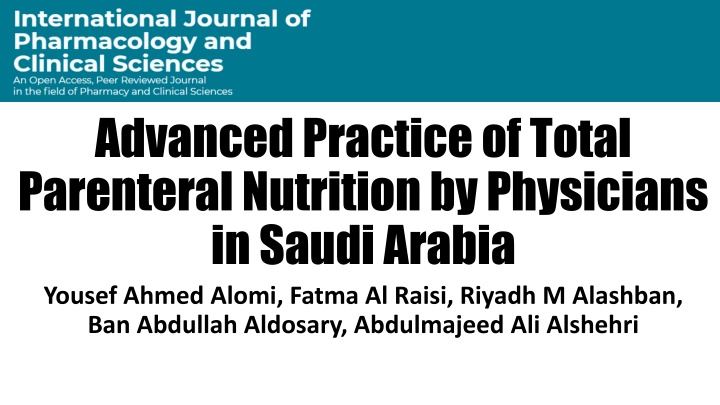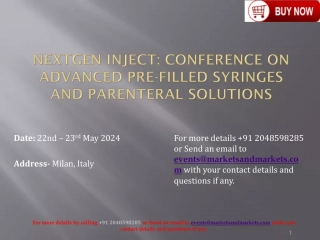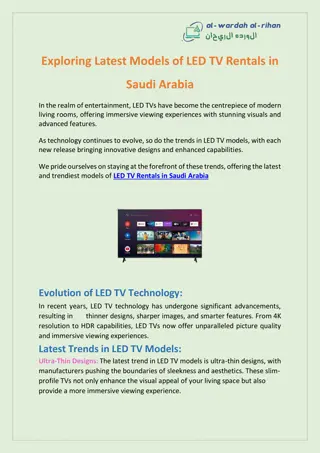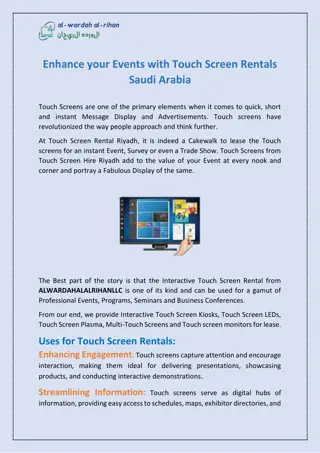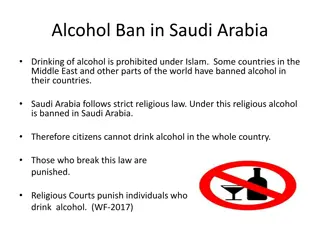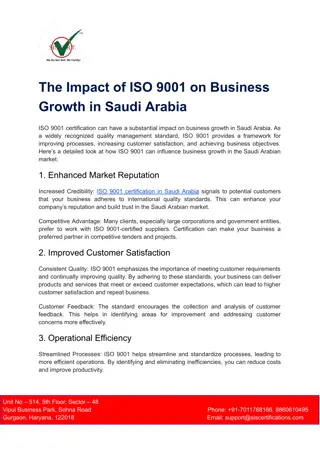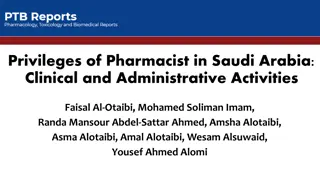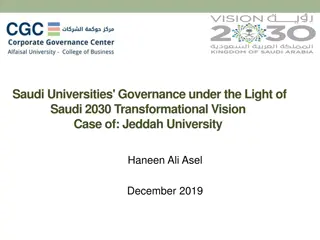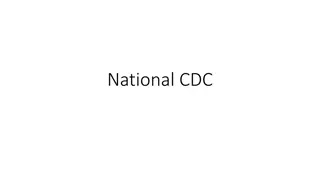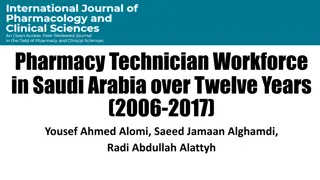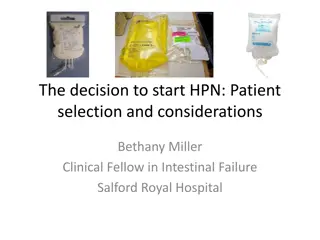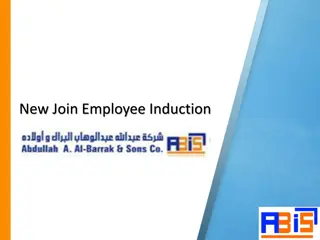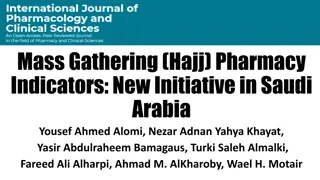Advanced Practice of Total Parenteral Nutrition in Saudi Arabia
This study explores the advanced practice of Total Parenteral Nutrition by physicians in Saudi Arabia. It analyzes a survey on physician practices, responsibilities, and perceptions related to Total Parenteral Nutrition services. The results highlight key findings regarding physician demographics, practices, and considerations for further evaluation and improvement in medical care.
Download Presentation

Please find below an Image/Link to download the presentation.
The content on the website is provided AS IS for your information and personal use only. It may not be sold, licensed, or shared on other websites without obtaining consent from the author.If you encounter any issues during the download, it is possible that the publisher has removed the file from their server.
You are allowed to download the files provided on this website for personal or commercial use, subject to the condition that they are used lawfully. All files are the property of their respective owners.
The content on the website is provided AS IS for your information and personal use only. It may not be sold, licensed, or shared on other websites without obtaining consent from the author.
E N D
Presentation Transcript
Advanced Practice of Total Parenteral Nutrition by Physicians in Saudi Arabia Yousef Ahmed Alomi, Fatma Al Raisi, Riyadh M Alashban, Ban Abdullah Aldosary, Abdulmajeed Ali Alshehri
ABSTRACT ABSTRACT: : Objectives Objectives: : To explore the physician s advanced practice of Total Parenteral Nutrition in Saudi Arabia. Methods Methods: : It analyzes a cross-sectional survey that discussed advanced physician practice of Total Parenteral Nutrition services (TPNs) in Saudi Arabia. The survey consisted of respondents demographic information about physicians and Advanced Practice Total Parenteral Nutrition services (TPNs) by Physicians, the types of administrations of the Total Parenteral Nutrition services (TPNs) system, The responsibility of Total Parenteral Nutrition services (TPNs). The 5-point Likert response scale system was used with closed-ended questions. The survey was validated through the revision of expert reviewers and pilot testing. Besides, various tests of the reliability of McDonald s , Cronbach alpha, Gutmann s 2, and Gutmann s 6 were done with the study. In addition, the data analysis of the Pharmacist practice of Cardiopulmonary Resuscitation (CPR) medications is done through the survey monkey system. Besides, the Statistical Package of Social Sciences (SPSS), Jeffery s Amazing Statistics Program (JASP), and Microsoft Excel sheet version 16. prescribing, preparations, and
ABSTRACT: ABSTRACT: Results Results: : A total number of 409 physicians responded to the questionnaire. Of them, almost one-half responded from the Northern region (186 (45.48%)), and one Quarter responded from the central area (106 (25.92%)), with statistically significant differences between the provinces (p=0.000). Females responded more than males (268 (65.53%)) versus 141 (34.47%)), with statistically significant differences between all levels (p=0.001). Most of the responders were in the age group of 36-45 years (198 (48.41%)) and 46-55 years (109 (26.65%)), with statistically significant differences between all age groups (p=0.000). Almost one-half of responders, 176 (43.03%), worked at an organization that had Parenteral Nutrition services (TPNs) services, with only 86 (21.03%) had been ever requested any Parenteral Nutrition services (TPNs) with statistically significant differences between all answers (p=0.000). The average score of items for advanced practicing Total Parenteral Nutrition services (TPNs) was (3.48). The Patient safety system for TPN item scored the highest (3.74). Followed by The element Pediatrics TPN forms (3.73) and The element Clean room for TPN preparation (3.73). Most physicians had Customized Total Parenteral nutrition for geriatrics 228 (55.75%) and Pediatric 225 (55.01%). In using Standardized Total Parenteral nutrition, most physicians used for geriatrics, 283 (69.19%) and 189 (46.21%), do not know how to use it. In Pre-mixed Total Parenteral nutrition, most physicians used geriatrics 211 (51.59%) and adolescents 209 (51.10%). Conclusion practice of parenteral nutrition by physicians was adequate. One-half of physicians practice the New model of parenteral nutrition. The physician had negative perceptions of the parenteral nutrition responsibilities of the pharmacist. The advanced practice of TPN should be considered for further evaluation and accountability in medical care. Conclusion: : The advanced
Key Words : Key Words : Practice, Parenteral, Nutrition, Physicians, Saudi Arabia.
CONCLUSION: CONCLUSION: The physician s practice of advanced total parenteral nutrition was adequate. The physicians practice common elements of TPN, such as patient safety and using TPN ordering forms. In contrast, the physician s lease practice of an electronic prescribing of TPN or automated preparation of TPN. Various factors might be affected positively of practice, such as age, gender, and the number of patients. In contrast, other factors, like location and physician qualifications, might negatively affect the practice. One of the physician s responders did not practice a new model of prescribing TPN. Most physicians agreed that the TPN services take care of by physicians and pharmacy technicians, with negative approval with pharmacist or clinical pharmacist responsibilities in parenteral nutrition. Various factors might negatively affect the duties, such as physician s qualifications, specialties, and the number of TPN prescriptions. Other factors might positively influence gender. The advanced practice of TPN with the model of prescribing should be reviewed thoughtfully with TPN teams emphasizing the pharmacist and clinical pharmacist to improve the TPN practice in Saudi Arabia.
